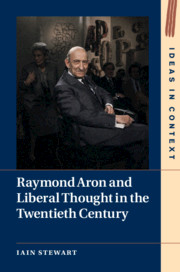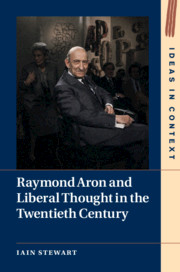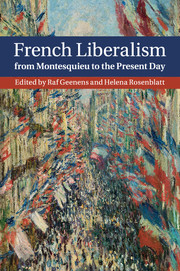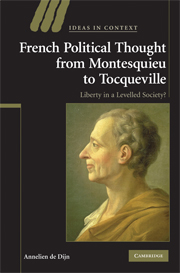The People's Two Powers
The People's Two Powers revisits the emergence of democracy during the French Revolution and examines how French liberalism evolved in response. By focusing on two concepts often studied separately-public opinion and popular sovereignty-Arthur Ghins uncovers a significant historical shift in the understanding of democracy. Initially tied to the direct exercise of popular sovereignty by Rousseau, Condorcet, the Montagnards, and Bonapartist theorists, democracy was first rejected, then associated with the idea of rule by public opinion by liberals throughout the nineteenth century. This redefinition culminated in the invention of the term 'liberal democracy' in France in the 1860s. Originally conceived in opposition to 'Caesarism' during the Second Empire, the term has an ongoing and important legacy, and was later redeployed by French liberals against shifting adversaries – 'totalitarianism' from the 1930s onward, and 'populism' since the 1980s.
- Provides a chronological and contextual approach to the emergence of modern democracy and liberalism in France
- Identifies an overlooked conceptual distinction between public opinion and popular sovereignty
- Explains how, when, and why the term 'liberal democracy' was invented, and how it was historically redeployed against shifting opponents
Product details
January 2026Hardback
9781009688826
320 pages
229 × 152 mm
Not yet published - available from January 2026
Table of Contents
- 1. Introduction
- 1. Rousseau's democracy
- 2. Representative democracy during the French revolution
- 3. The liberal response: madame de Staël and representative government
- 4. Bonaparte and his collaborators: 'democracy purged of all its drawbacks'
- 5. The liberal response: Benjamin constant's representative government
- 6. Tocqueville's democracy
- 7. The first theorists of liberal democracy
- Epilogue: liberal democracy in the twentieth century
- Biliography
- Index.










.jpg)